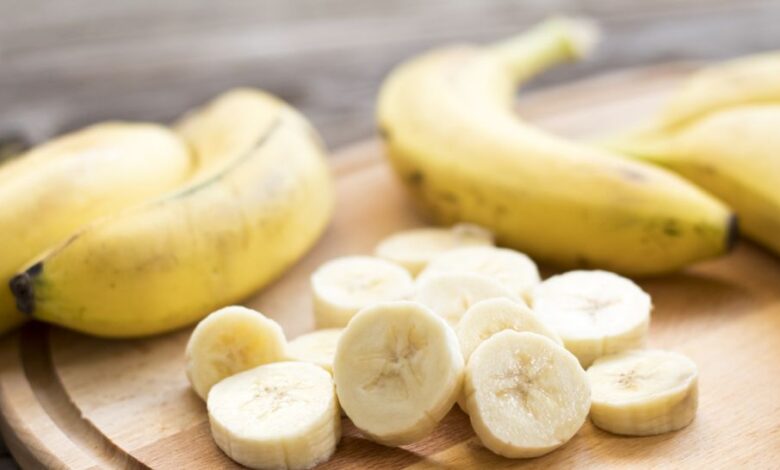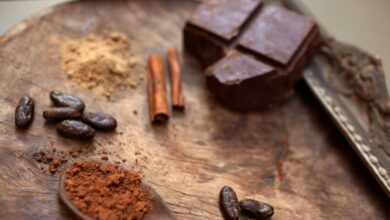Top 10 Foods for Anal Fissure and Constipation

Anal fissure is a small tear in the lining of the anus or anal canal, often caused by chronic constipation. Its presence is associated with pain, bleeding, and is a common cause of blood in the stool.
Causes for anal fissures include dry and hard stools, straining, stress, as well as some inflammatory bowel diseases. In rare cases, it may be due to conditions such as HIV, tumors, and cancer. Typically, these small tears heal on their own within about 5-6 weeks.
While food cannot cure an anal fissure, the intake of certain foods can help alleviate pain and discomfort. The therapy should be directed towards managing and preventing constipation.
Top 10 Foods for Anal Fissure and Constipation:
- Lentils and Legumes: Lentils, beans, and chickpeas are rich in fiber. Men should consume a minimum of 38g of fiber daily, while women should aim for at least 25g. Fiber helps prevent constipation, ensuring softer stools, and protects against rare bowel movements. Legumes are also rich in zinc, which aids in wound healing.
- Papaya: Contains enzymes that improve digestion. Supplements with papaya have been shown to help with constipation, bloating, and diarrhea. Papaya is 88% water and provides about 50% of the recommended daily fiber intake for women and 35% for men in a 150g serving.
- Lemons: Rich in vitamin C, an antioxidant crucial for skin health and collagen synthesis. Vitamin C accelerates the healing process in various injuries, and it helps keep the body hydrated, preventing constipation.
- Watermelon: One of the most hydrating foods, containing over 120g of water in a 150g serving.
- Bananas: Extremely rich in fiber, regular consumption can soften stool consistency and increase bowel movement frequency. It’s essential to consume ripe bananas, as unripe ones contain higher starch content, which may trigger constipation.
- Oats: A good source of fiber and contain avenanthramides, which fight inflammation and contribute to the healing process of wounds.
- Turmeric: The main component of turmeric is curcumin, which has anti-inflammatory and healing properties. A combination of turmeric and red pepper aids in faster absorption. Applying turmeric locally can aid in healing skin irritations.
- Ghee: This clarified butter turns fibers into fatty acids, improving digestion. Ghee acts as a natural laxative, and consuming 1 teaspoon, dissolved in a little water or milk, can promote bowel movements.
- Whole Milk: High-fat milk contains conjugated linoleic acid, helping control inflammatory reactions.
- Probiotic Foods: Improve the health of the digestive system and bowel movements. Examples include yogurt, sauerkraut, kimchi, miso, and more.
It’s crucial to note that while these foods may help alleviate symptoms, seeking medical advice for proper diagnosis and treatment is essential.

